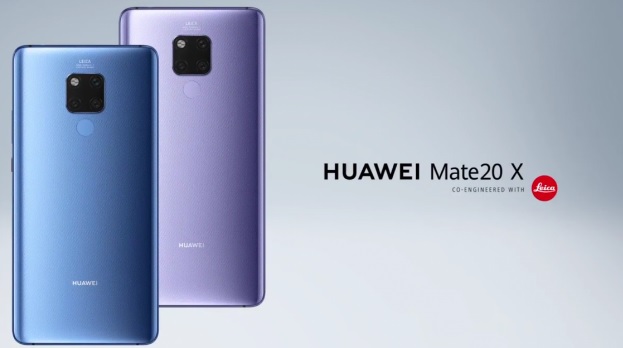The Wall Street Journal revealed that the Pentagon has changed its position regarding a draft resolution that seeks to restrict the sale of technology to the Chinese giant, Huawei.
The Pentagon had opposed a draft resolution prepared by the Ministry of Commerce, fearing that it would affect US companies specializing in the chip industry because it would find it difficult to export to the Asian country from its subsidiaries abroad.
In a surprising situation, the Pentagon stood against the project because it would deprive American technology companies of important revenues, which would affect the financing of research and development programs.
After lobbying from trade officials and members of Congress, it became possible that the bill would be discussed on the twenty-eighth of this month, at a ministerial level, according to sources whose name has not been revealed.
Washington and other Western capitals suspect that Huawei is a tool by China to spy for Beijing, but the Chinese company categorically denies these allegations.
For its part, the US Department of Defense said it supports discussing this issue in the context of cooperation, according to a path that relies on presenting facts and concerns from all parties before adopting any decision.
Pentagon spokeswoman Su Gao said that no position would be disclosed unless a formal decision on “potential restrictions” on Huawei was taken.
Last year, Washington included Huawei as a blacklist, but some companies have succeeded in exporting the chips to China through overseas facilities.
But the US Department of Commerce understood this gap and decided to fill it, through an amendment to the law, but companies reject this matter and warn of its consequences for the American economy.
At present, American companies can sell manufactured materials abroad, if the percentage of American components subject to export control does not exceed 25 percent, and the Department of Commerce wants to reduce this percentage to only 10 percent.






